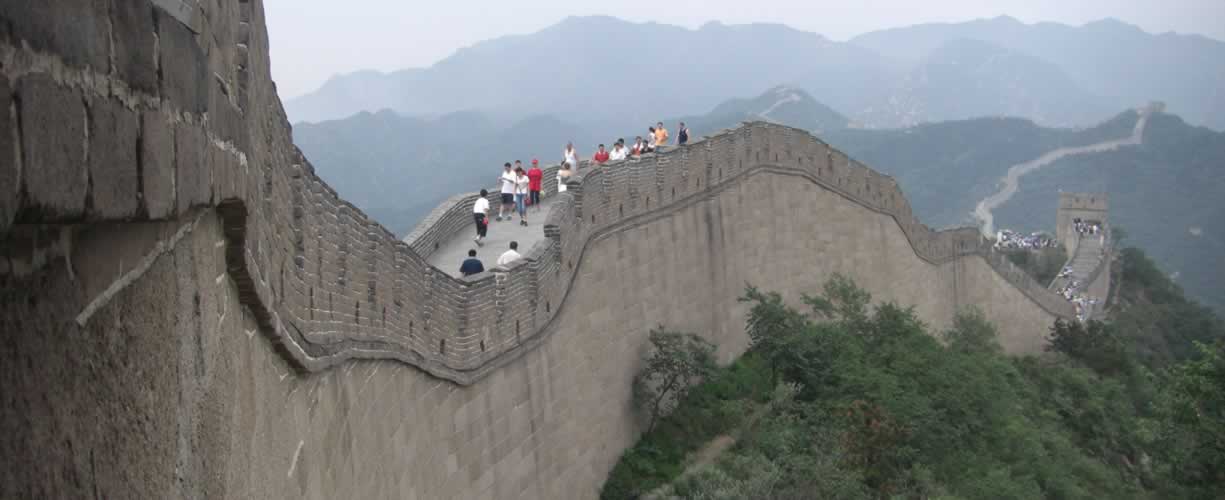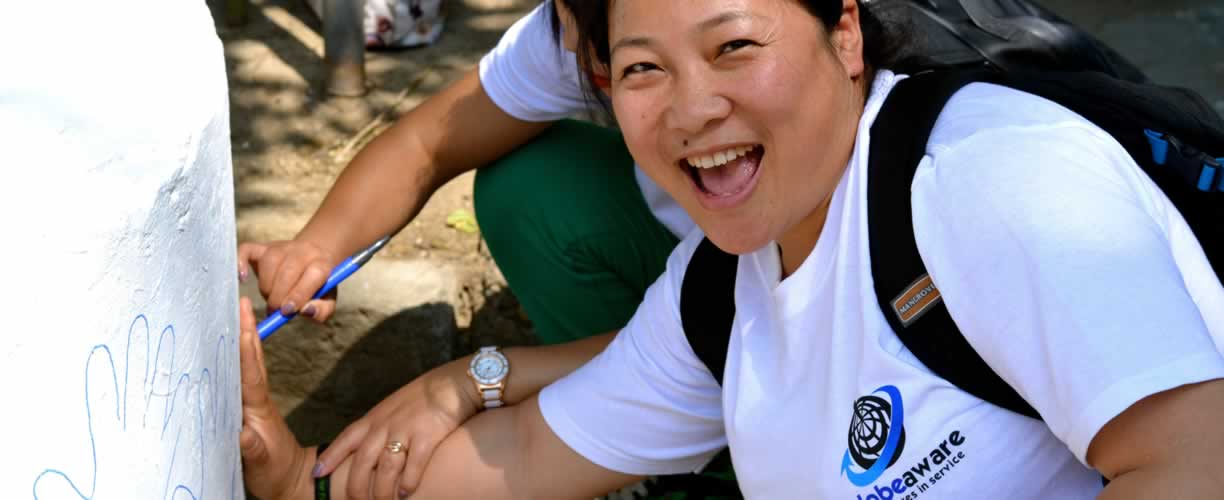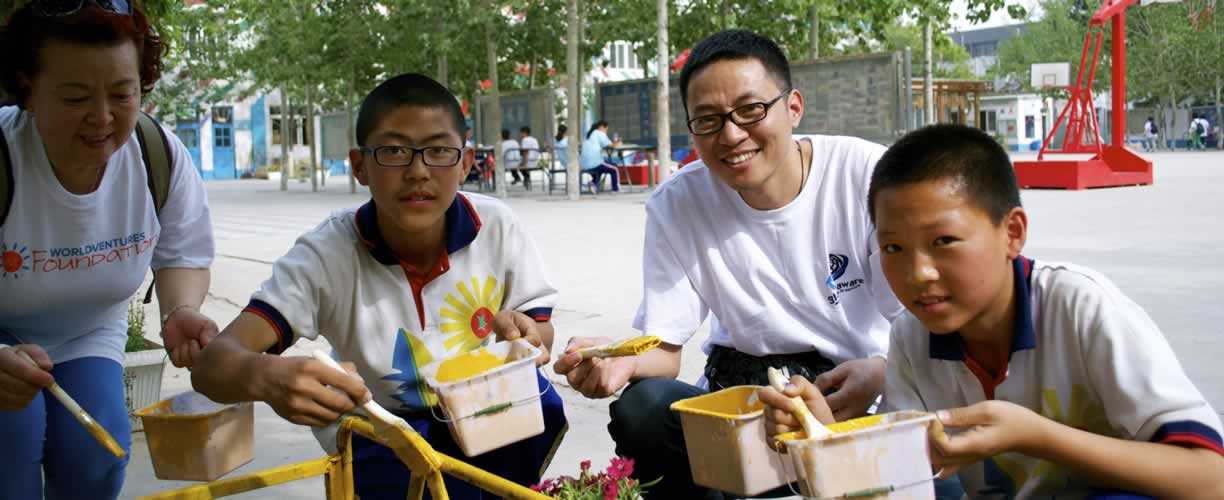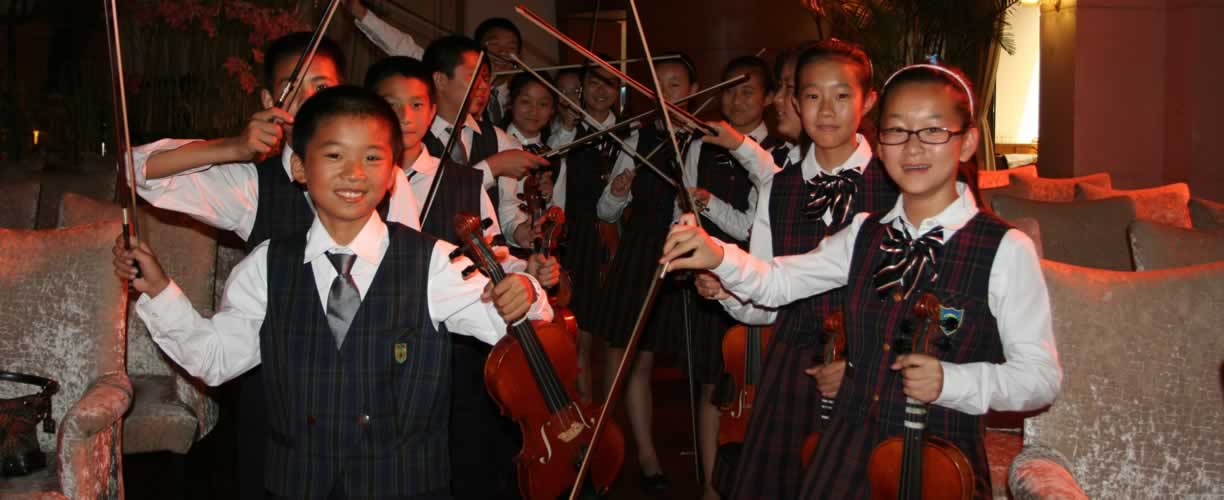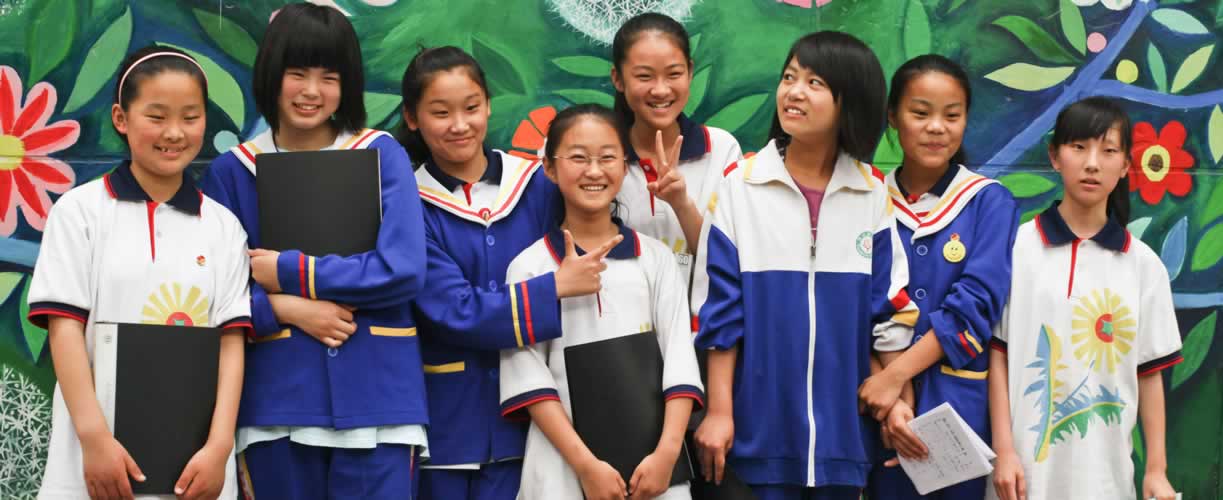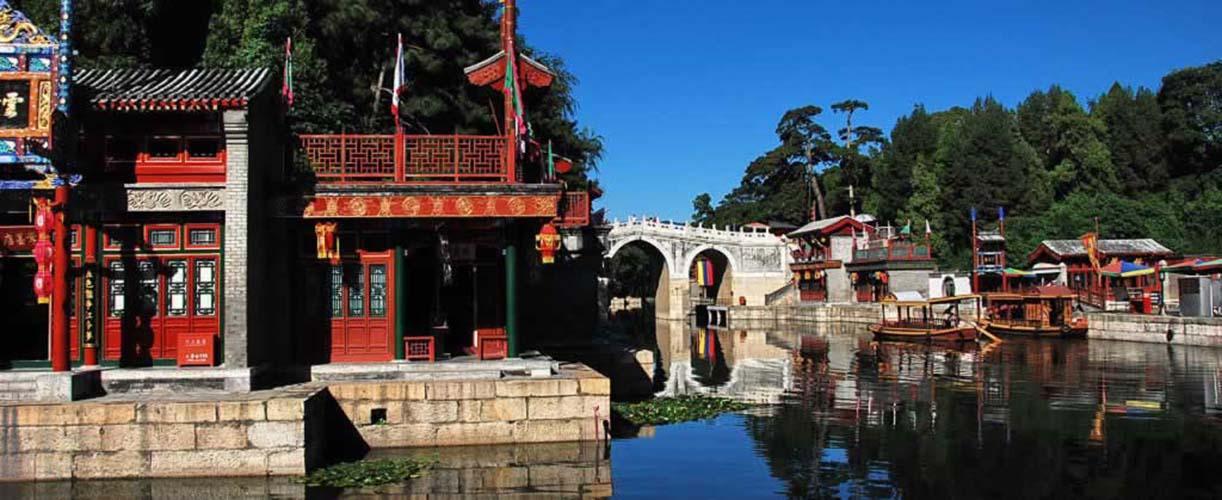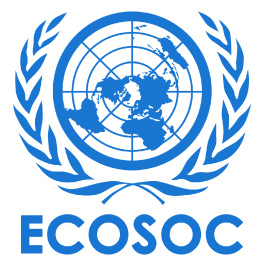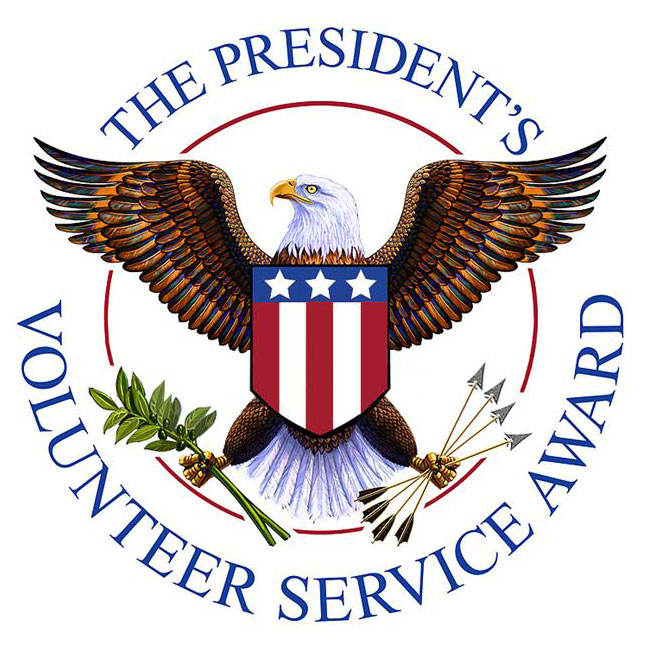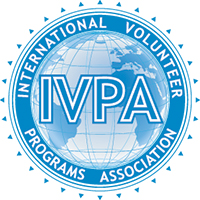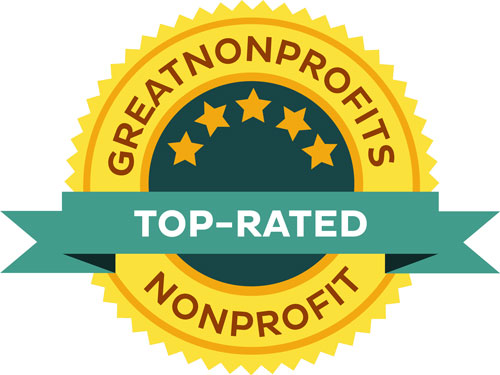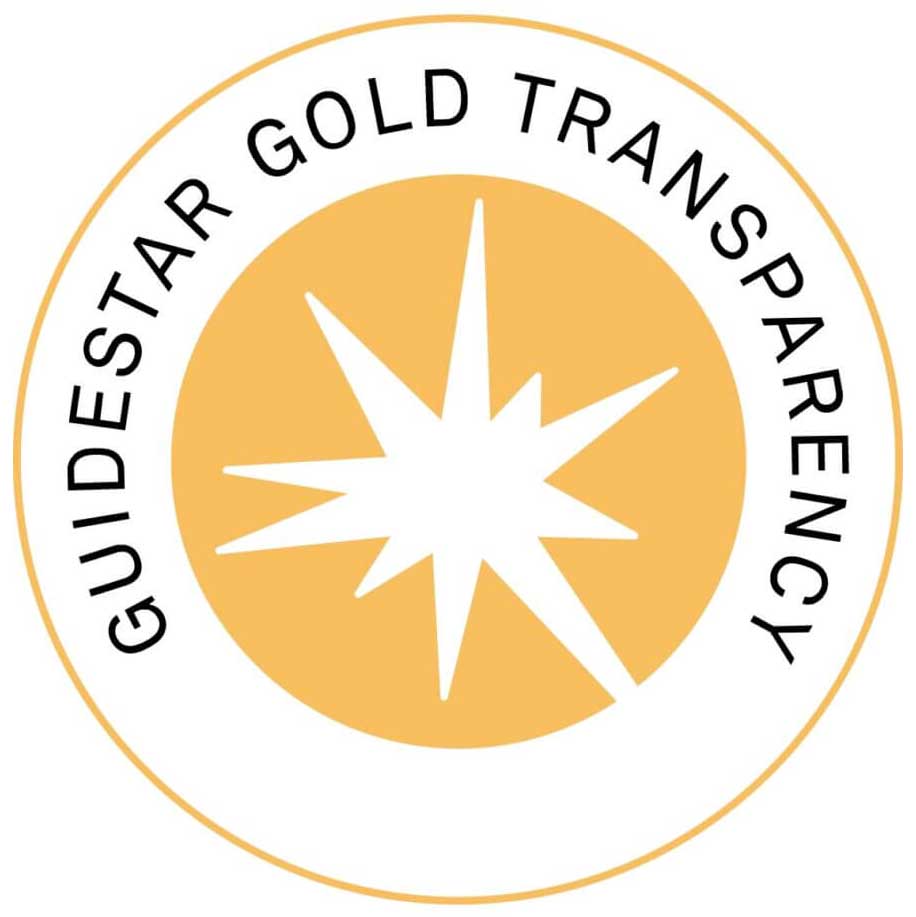For most travellers plastic should do the job, with ATM locations growing surely but steadily in the more sizeable cities. Credit cards are also gaining ground in China, with Visa, MasterCard, American Express (branches in Beijing, Shanghai, Guangzhou and Xiamen), JCB and Diners Club the most common. Cards can be used in most mid to top-range hotels, Friendship and department stores, but cannot be used to finance your transportation costs. If cards aren't an option then cash will never fail and exchanging currency is relatively easy. Out in the west and in the countryside bring a mixture of cash and travellers cheques. Counterfeit notes are a problem so make sure when using cash you examine large denomination notes when given to you as change from street vendors.
Changing Your Money
Foreign currency and travellers cheques can be changed at the main branches of the Bank of China, the tourist hotels, Friendship Stores and some department stores. Hotels usually charge the official rate. You will need to keep your exchange receipts if you want to change any of your remaining RMB at the end of your trip. Travellers cheques are the best option because they are safer and the exchange rate is more favourable than that for cash; Thomas Cook, American Express and Visa are most commonly accepted. If you have to exchange cash, stay away from less reputable sources that may try and slip you counterfeit notes.
Money Tips
All four- and five-star hotels and some top-end restaurants add a tax or 'service charge' of 10% or 15%, which extends to the room and food; all other consumer taxes are included in the price tag.
Generally, eastern China is much more expensive than the western part of the country. Visitors to eastern China could get by on around US$50.00 a day, but it would be a challenge. Budget travellers in western China should be able to keep costs down to US$25.00 per day. The main drain on savings tends to be long train journeys. Food is cheap throughout China, and if you're careful you won't have to spend much more than US$7.00 a day on meals. However, the bottom line is that you'll be charged the 'tourist price' a lot of the time.
Sample Price Guide
- food court meal
- Y 16
- American hamburger
- Y 12
- sending postcard overseas
- Y 4
- internet cafe per hour
- Y 2
- pack of 20 cigarettes
- Y 3
- small bottle of beer from corner shop
- Y 2
- draught pint of local beer from a bar
- Y 10
- International Herald Tribune
- Y 23
- city bus ticket
- Y 1
- pirated dvd
- Y 8
- litre of petrol
- Y 3
- small bottle of water
- Y 2
- souvenir t-shirt
- Y 25
- Street snack - large lamb kebab
- Y 2
Average Room Prices |
|||
| Low | Mid | High | Deluxe |
| US$25-35 | US$35-100 | US$100-300 | US$300+ |
Average Meal Prices |
|||
| Low | Mid | High | Deluxe |
| US$1-5 | US$5-10 | US$10-25 | US$25+ |
Tipping
Tipping is not really expected in mainland China.
Currency
The Bank of China issues RMB bills in denominations of one, two, five, 10, 20, 50 and 100 yuan. Counterfeit notes are a problem in China. Very few Chinese will accept a Y50 or Y100.00 note without first checking to see whether or not it's a fake. Notes that are old, tattered or torn are also sometimes hard to spend. You can exchange notes for new ones at the Bank of China - counterfeits, however, will be confiscated. Local Chinese have a variety of methods for checking notes, including checking the watermark, the drawn lines (more distinct in fake notes) and colour (more pronounced in counterfeit notes). The texture of a fake note also tends to be smoother than authentic notes. Examine large denomination notes if given to you as change by street vendors; they could well be dumping a forged banknote on you.
Coins come in denominations of one yuan, five mao, one mao and five fen. Paper versions of the coins remain in circulation.
Copyright 2010 Lonely Planet Publications , all rights reserved, used with permission
